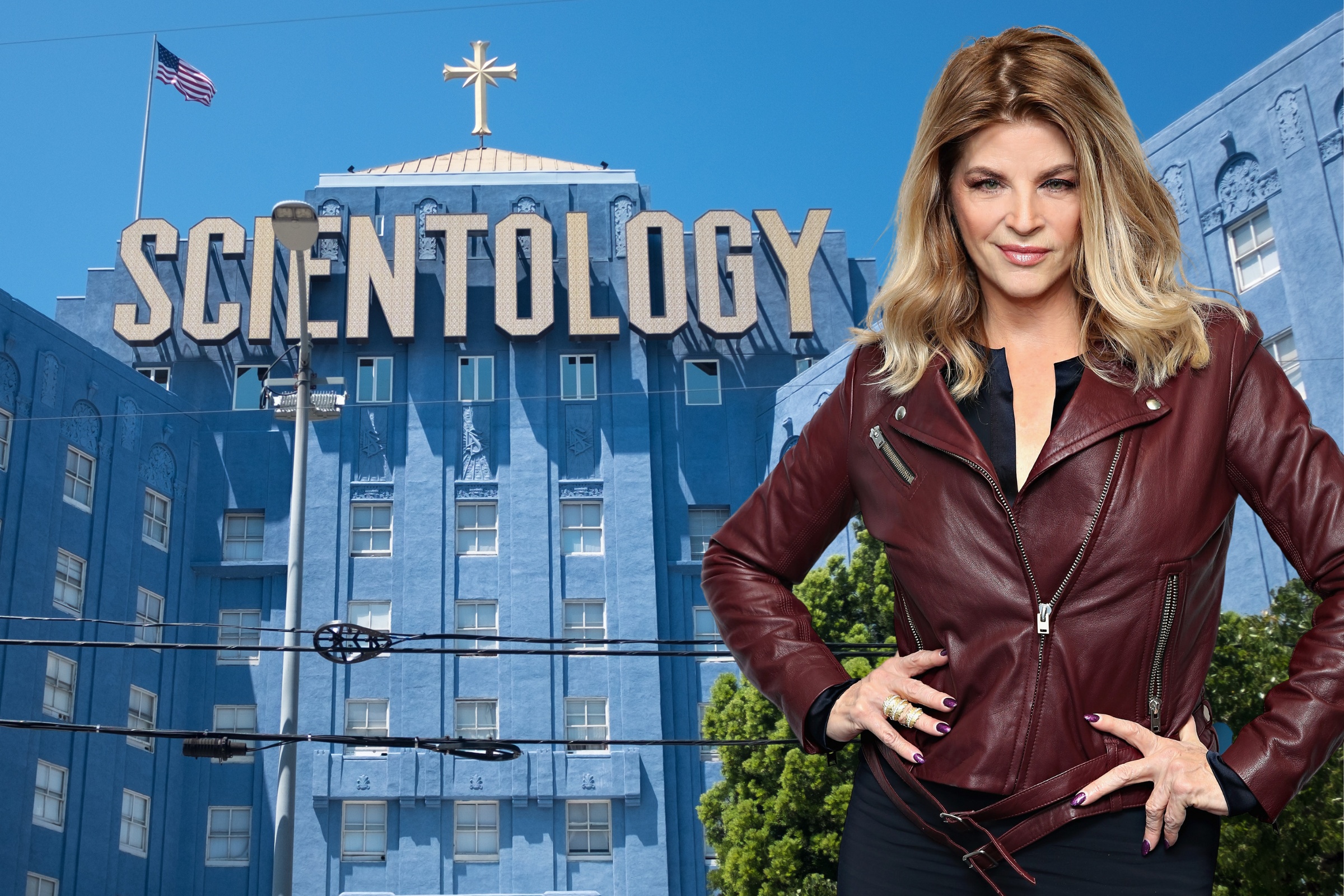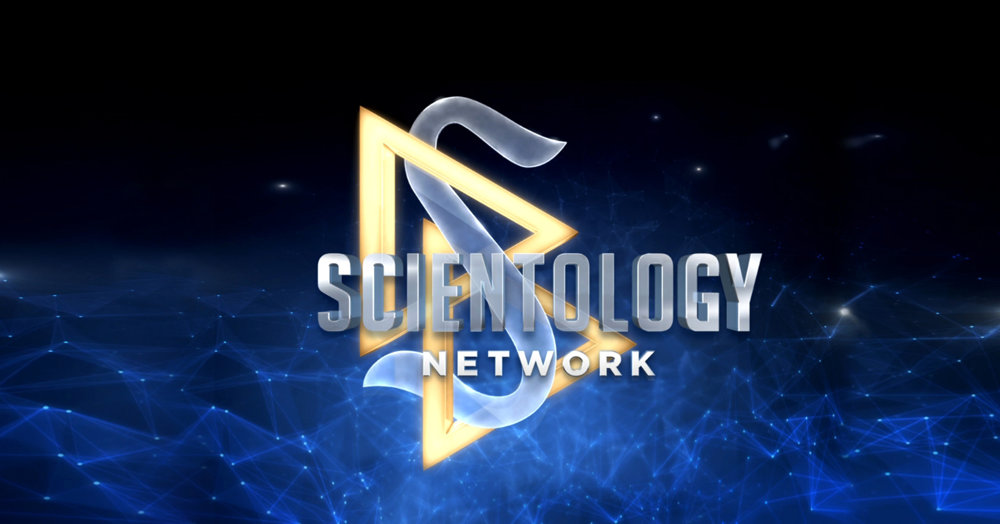Start a Journey of Exploration: Delve into the Teachings of Scientology
Start a Journey of Exploration: Delve into the Teachings of Scientology
Blog Article
The Truth Regarding the Church of Scientology Revealed
The Church of Scientology has actually long been a subject of both fascination and dispute, with its origins dating back to the mid-20th century. Established by sci-fi writer L. Ron Hubbard, this spiritual movement has gained significant interest for its distinct ideas and methods. However, past the surface area degree info that many know with, there lies a much deeper and much more intricate internet of conflicts, criticisms, and intricacies that lost light on the inner operations of this company. As we start to unravel the fact regarding the Church of Scientology, a clearer picture emerges, exposing a narrative that is as intriguing as it is controversial.
Origins and Starting
The Church of Scientology was founded in 1954 by sci-fi author L. Ron Hubbard. Hubbard originally established a self-help system called Dianetics, which later on developed into what is currently understood as Scientology. The beginnings of Scientology trace back to Hubbard's discontentment with traditional psychiatric therapy approaches and his idea in the potential for people to get rid of past traumas and achieve spiritual knowledge.
Hubbard's mentors focused around the concept of thetans, never-ceasing spiritual beings offer in all people, and the method of bookkeeping, a form of counseling targeted at uncovering and resolving past traumas (Church of Scientology). These principles formed the structure of Scientology, which Hubbard called a religious beliefs that provided a path to self-discovery and individual growth
The Church of Scientology quickly gained fans, with Hubbard establishing the first main Church of Scientology in Los Angeles. Throughout the years, the company broadened globally, attracting both devoted followers and movie critics that elevated problems concerning its practices and ideas. Despite controversies surrounding its methods and origins, Scientology proceeds to be a substantial religious motion with a visibility in different countries all over the world.

Beliefs and Practices
With a concentrate on spiritual enlightenment and personal growth, Scientology's practices and beliefs focus on accomplishing and discovering previous injuries self-discovery through the principle of thetans and the technique of auditing. Thetans, according to Scientology teaching, are immortal souls that exist within each individual. These thetans have actually lived via many past lives and have actually built up negative experiences recognized as engrams that prevent spiritual progress. Through a procedure called bookkeeping, Scientologists objective to address and get rid of these engrams to achieve a state of clear, totally free from the unfavorable impacts of past trauma.
By doing so, Scientologists believe they can accomplish spiritual enlightenment, improve personal development, and reach their complete potential as spiritual beings. The practice of auditing is main to the ideas and methods of Scientology, highlighting self-discovery and the pursuit of a higher state of existence.
Disputes and Objections
Among public scrutiny and debate, the Church of Scientology has dealt with a wide range of controversies and objections regarding its methods and influence on culture. One significant factor of contention revolves around the company's claimed economic practices, with allegations of exorbitant fees for services and hostile fundraising methods - Scientology Randburg. Doubters have additionally increased concerns regarding the Church's rigorous hierarchical structure, which some former members assert cultivates a society of control and control
Additionally, the Church of Scientology has undergone prevalent criticism for its therapy of members, consisting of claims of forced labor, mental abuse, and the method of interference, where members are urged to cut ties with household and buddies vital of the Church. These methods have caused different lawful obstacles and examinations in multiple countries, casting a darkness over the Church's track record.
Furthermore, the Church's hostile lawful methods versus critics and media outlets have sparked discussions about free speech and the restrictions of spiritual defense. These disputes have considerably designed public assumption of the Church of Scientology and remain to check that sustain recurring disputes about its authenticity and influence on society.
Management and Framework
Exactly how does the management structure of the Church of Scientology affect its procedures and decision-making procedures? The Church of Scientology is understood for its hierarchical leadership version, which is centralized around the authority of its leader, currently David Miscavige. As the Chairman of the Board of the Religious Technology Center, Miscavige holds substantial power within the organization. This central leadership framework enables quick decision-making and consistent enforcement of policies across the church's numerous branches worldwide.
At the regional level, Scientology runs through specific churches and missions, each with its very own set of leaders liable for supervising procedures within their particular locations. These leaders are entrusted with implementing the regulations stated by the central leadership while also redirected here addressing the details requirements of their congregations.
While this hierarchical framework can simplify operations and make sure adherence to the church's teachings, it has likewise dealt with objection for possible abuses of power and absence of transparency. Understanding the leadership and structure of the Church of Scientology is essential in comprehending how the organization functions and the dynamics at play within its ranks.
Impact and Impact
What considerable impacts does the leadership structure of the Church of Scientology carry its members and external stakeholders? The ordered management structure within the Church of Scientology puts in a profound influence on its participants and external stakeholders. Participants are often subjected to stringent control and tracking, with substantial stress to adapt the ideas and methods determined by the management. This can lead to a loss of personal freedom and important thinking abilities, as individuals are anticipated to unquestioningly adhere to the regulations stated by the company's leaders (Scientology).
On The Surface, the Church of Scientology's leadership framework can have a polarizing effect on stakeholders. In general, the leadership framework of the Church of Scientology plays a substantial duty in forming the experiences and perceptions of both participants and outside stakeholders.
Conclusion

The Church of Scientology rapidly got followers, with Hubbard establishing the first official Church of Scientology in Los Angeles.Among public examination and dispute, the Church of Scientology has actually faced a wide range of conflicts and objections concerning its methods and effect on society.What substantial results does the leadership framework of the Church of Scientology have on its participants and outside stakeholders? The ordered management structure within the Church of Scientology puts in a profound impact on its participants and external stakeholders. Generally, the management structure of the Church of Scientology plays pop over to this site a significant duty in forming the experiences and assumptions of both participants and outside stakeholders.
Report this page